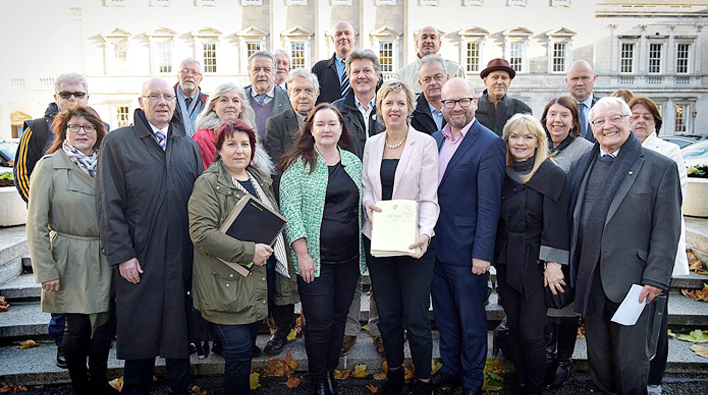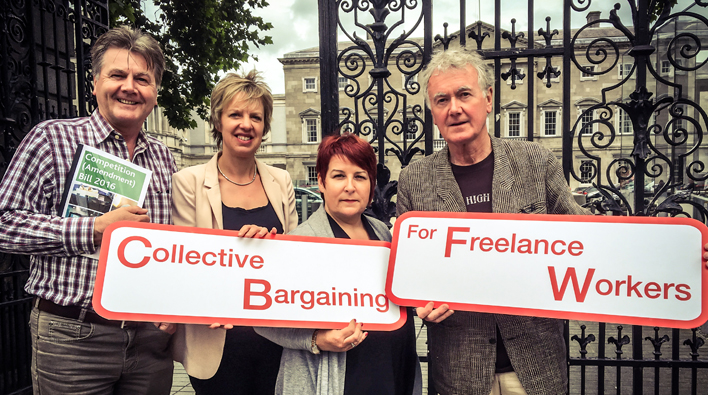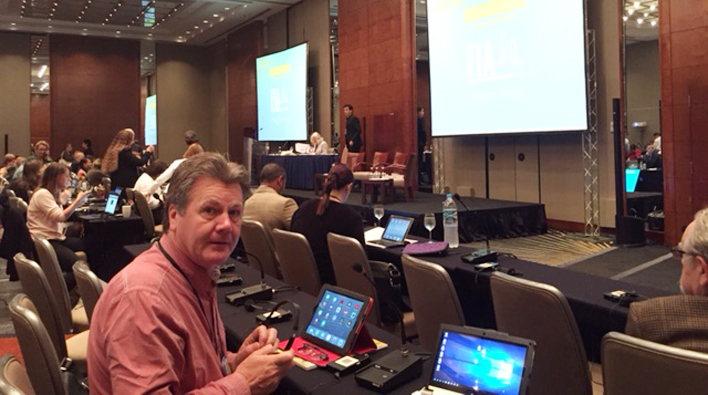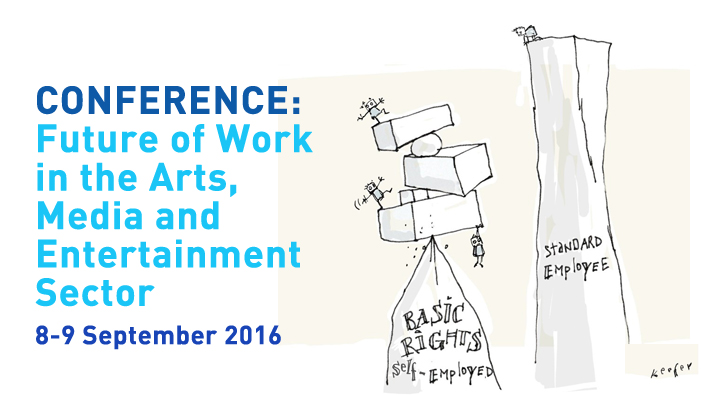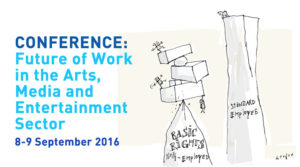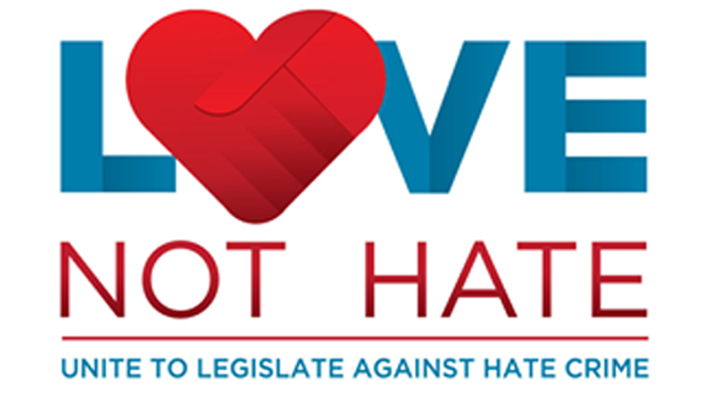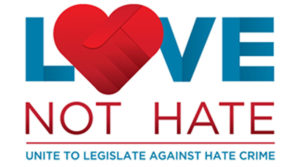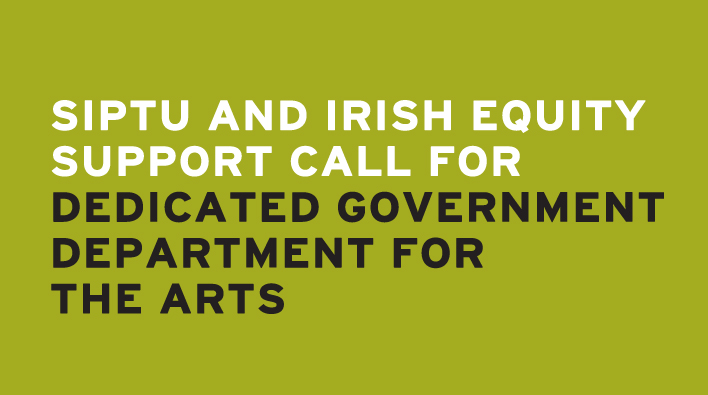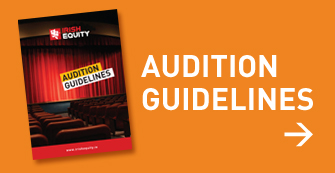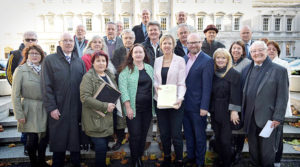 This Bill which will restore the unions right to collective bargain rates for voice over actors and session musicians. Equity, the MUI and the NUJ have been fighting this battle for 12 years so today is a good day for voice over artists, musicians and freelance photographers. The Bill also deals with false self-employment for these categories for workers and will be put to the Dail as soon as possible. The bill has all party support and no further amendments are required so it will have a quick and smooth passage in Dail Eireann.
This Bill which will restore the unions right to collective bargain rates for voice over actors and session musicians. Equity, the MUI and the NUJ have been fighting this battle for 12 years so today is a good day for voice over artists, musicians and freelance photographers. The Bill also deals with false self-employment for these categories for workers and will be put to the Dail as soon as possible. The bill has all party support and no further amendments are required so it will have a quick and smooth passage in Dail Eireann.
Photo: Irish Equity, MUI and NUJ members with their representatives at the Seanad on Thursday 10th November for the passing of the Competition Amendment Bill.
